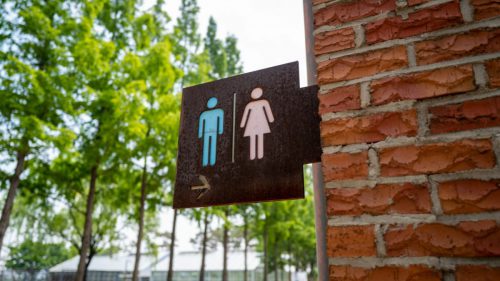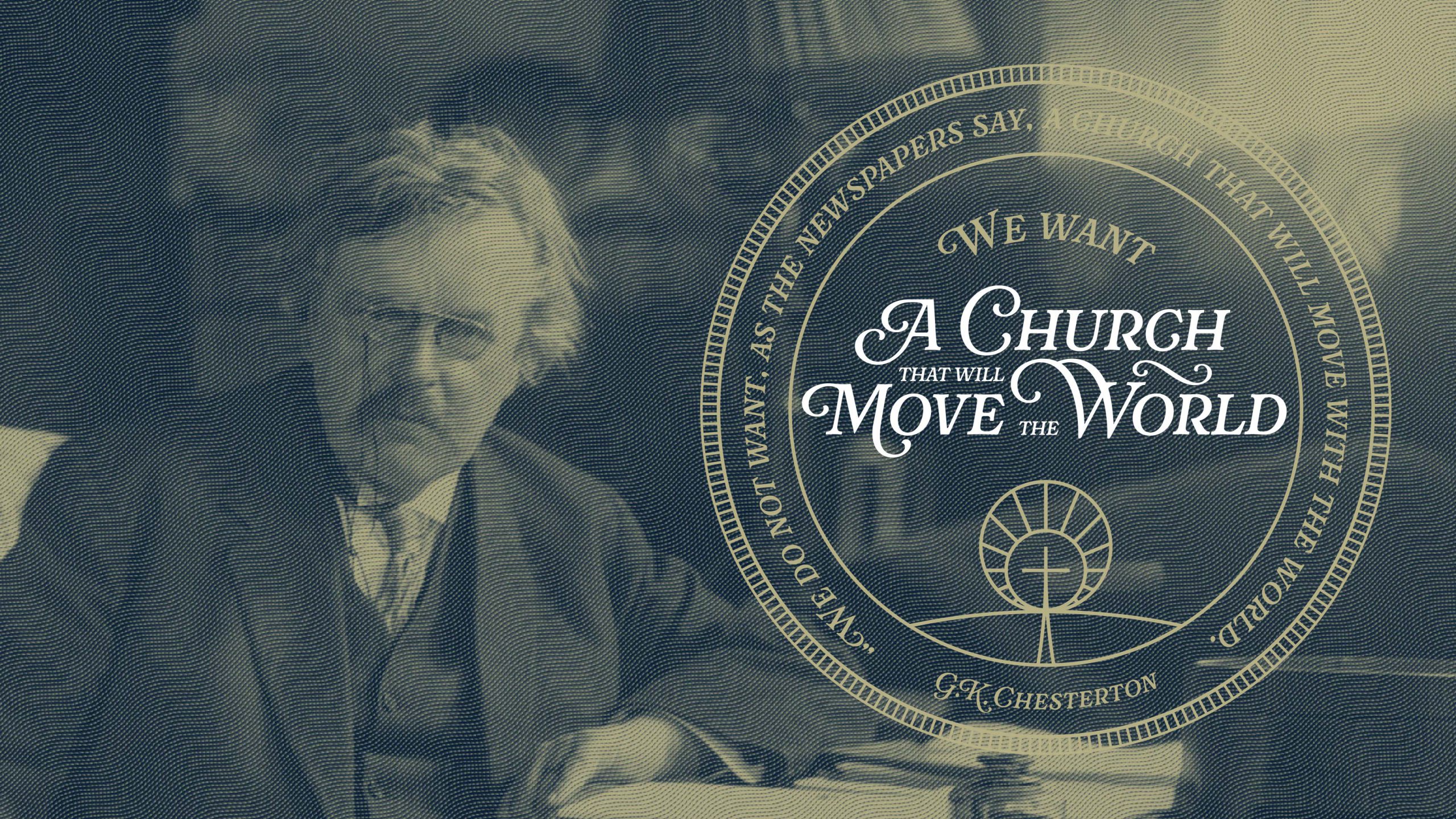

BreakPoint
Ending ‘Welfare as We Know It’
If you want to know what's wrong with our welfare system, consider the case of Eulalia Rodriguez. Rodriguez went on welfare in 1968. She raised her 17 children on public assistance. Today almost all these children are on some kind of welfare. What's more, these children, in turn, have 74 children of their own on welfare. The annual cost to taxpayers for this one family is almost $1 million. Are these people embarrassed at their dependence? "No!" exclaimed one of Fulalia's daughters—a daughter who has six children of her own and was arrested for scalding one of them. Taxpayers should "keep the checks coming," she insists. This family may be an extreme example, but they illustrate the core problem of our welfare system. That problem is the moral corruption that results when the biblical connection between life and work is severed. Acquiring the self-respect that comes only from work well done, and from entering fully into the human community, is impossible when the link between effort and reward is broken. One tragic result is the Rodriguez family: Four generations have grown up unconnected to the world of work. Ironically the founders of the welfare state during the Roosevelt administration knew that welfare is inherently demeaning. So the government programs they designed were limited to the traditional recipients of compassion—widows and orphans. The other programs they created were based on the assumption that "able-bodied" men and women who could work would work. And that they should work. It was only in the 1960s that politicians in Washington succumbed to pressure to abandon the connection between work and reward. Welfare was seen as a wily way to increase voter rolls—and political support. But still, half of those eligible for government programs did not apply—the social stigma against the dole was still that strong. So special-interest groups got busy, and they were successful in getting millions of Americans to sign up for welfare. Politicians caved in. Programs multiplied. Suddenly the dole became a "right." And welfare rolls mushroomed. But misnaming welfare a "right" didn't rewrite the laws of human nature. And one law of our nature is that too many free lunches weakens the will. Self-respect disappears. Appetites multiply. Illegitimacy, for example, was about 12 percent nationwide in 1960. Now it's 70 percent among blacks and 30 percent among whites. And "welfare as we know it" is the cause. So any so-called reform of our welfare system has to begin by reaffirming the connection between life and work. The very word entitlement needs to be tossed out of our vocabulary. People who really need help can get it—from churches and other voluntary associations mostly, from government as a last resort in some instances. And unless this reform is achieved now, more generations of families like the Rodriguezes will pay a terrible price: They will be robbed of their human dignity. And you and I will foot the bill. Congress has vowed to reform welfare. Hearings are underway. So call your senator and representative. Tell them that the time has come for real, radical change.
09/8/06















